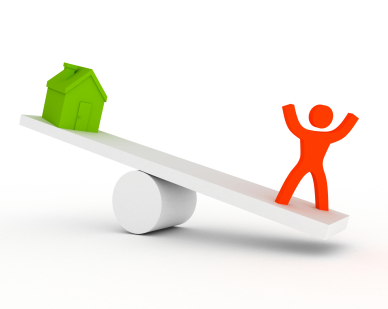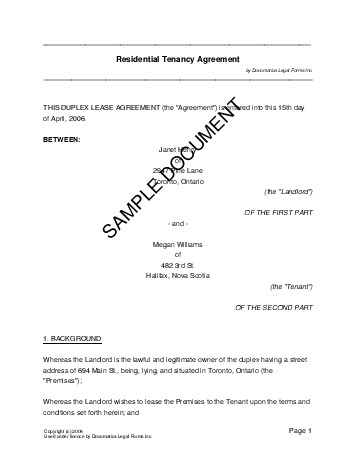
Any real estate investor with experience in managing tenants knows that non-payment of rent is an issue that has to be dealt with from time to time.
If you are thinking about buying your first rental property, good for you!
Owning a rental property is a lot of hard work, and the experience may not be as glamorous as what you see on TV. However, if you have the discipline and stamina to deal with the issues that come up, you will be well on your way to success.
As a new real estate investor first starting out, you should know that at one point in time, you will encounter problems with collecting rent.
Non payment of rent can come in different forms. Here are some of the different ways…
1) The rent is due on the 1st of the month, and your tenant is late in providing you the rent. (cash, cheque, or electronic transfer)
2) You deposit a rent cheque on the first of the month and the rent cheque bounces (is returned by the financial institution due to non sufficient funds)
3) Your tenant does not have the money to pay rent, and does not provide you with the rent money for that particular month.
There are so many factors as to why tenants sometimes don’t pay their rent on time. Some are real, legitimate reasons, where as other times, the reasons are not sound and in fact are very flaky.
As a new real estate investor you must know that you have to…
“Prepare For The Worst”
Meaning…
Be ready for the first time that you do not receive your rent on time from one of your tenants. It will happen to you at some point. The only question is when.
We all learn our lessons from different life experiences. Some of us learn faster than others. Whether you learn slow or fast doesn’t matter. What matters is that you learn, and evolve and make changes in your real estate business so that you are prepared for the next time when one of your tenants does not pay rent on time.
How to prepare for late rent payments
Get familiar with your local Landlord and Tenant Governing body. In each City, State, Province and Country the legislation regarding how Landlords and Tenants can interact with one another differs.
Get familiar with the forms you need to serve to your tenant when non payment of rent occurs.
The point that I am trying to make is that you need to become familiar with these forms before a non payment of rent issue ever happens to you.
You need to be armed with knowledge for when you do encounter a situation in which one of your tenants is not paying their rent. You need to be comfortable with the forms, you need to be able to understand them, and be able to navigate them easily. You need to know how to fill them out properly. You also need to know the rules surrounding when you are allowed to submit the forms to the tenant if they are late with their rent. You need to know how many copies you need to retain and how many copies you need to present to your Landlord and Tenant Governing body.
Practices that I have Incorporated
It has taken me over 6 years as a real estate investor to learn one very important rule. This rule is to always have printed out and on hand the necessary forms and paperwork that needs to be served to a tenant in the event that they do not pay rent on time.
I have these forms printed out and I keep them in my ‘real estate’ binder, so that I can quickly access them.
I have learned with experience that I have to do this because I have been involved in multiple situations in which rent was not paid on time.
When I look back, the longer that I waited to collect the rent that was owed, the more problems occurred as a result.
As such, I have learned from my own experience to be proactive and to be prepared. That is why I now carry these forms with me.
I have learned to prepare for the worst.
In preparing for the worst, I am becoming a better real estate investor.
How have your experiences been with collecting late rent payments? If you do not own a rental property yet, what scares you the most about non payment of rent? Leave your comments below.
Best Regards,
Neil Uttamsingh.









